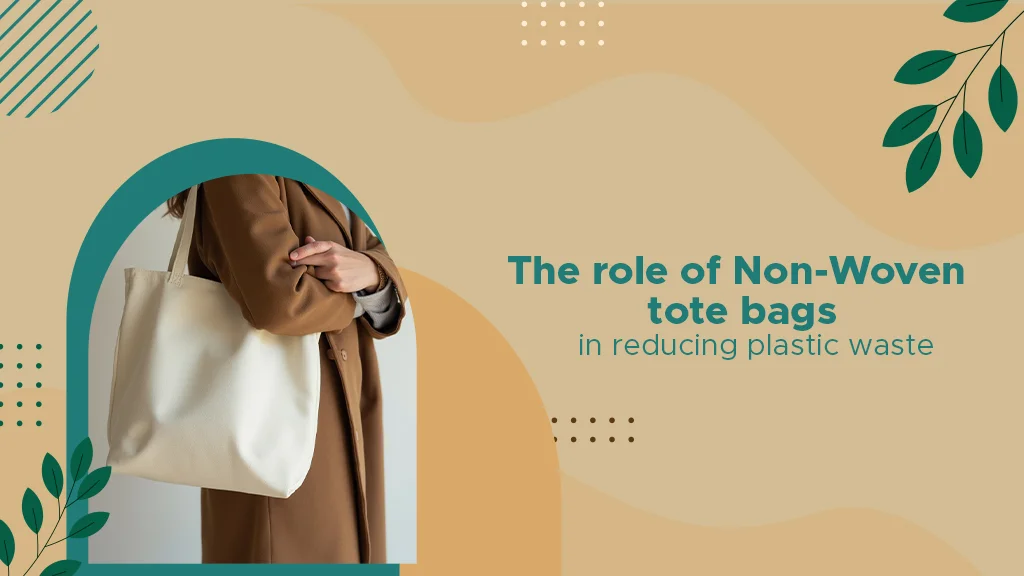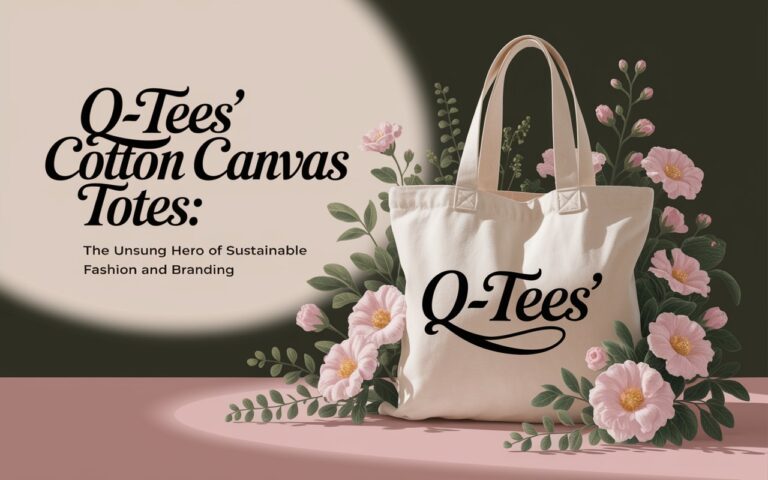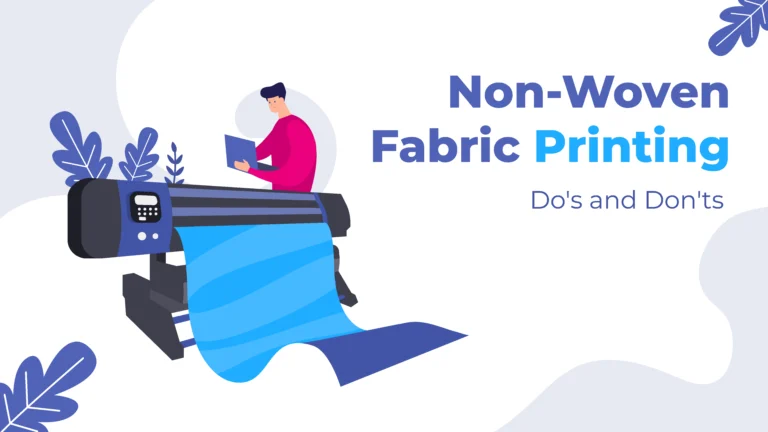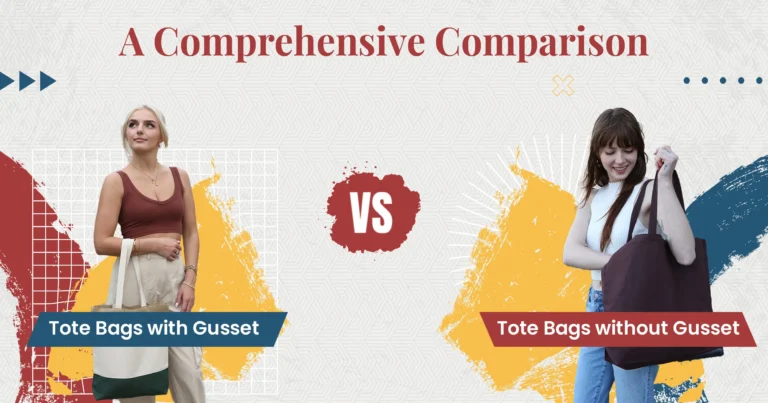How Non-Woven Tote Bags Help Reduce Plastic Waste
Introduction How Non-Woven Tote Bags Help Reduce Plastic Waste. With the…
Introduction
How Non-Woven Tote Bags Help Reduce Plastic Waste. With the increasing level of awareness about the environmental crisis, the reduction of plastic waste is now the primary concern for all individuals, businesses, and government organizations. Single-use plastic bags, in particular, have for many years been the main sources of global pollution, strangling the ecosystems, harming the wildlife, and littering the landfills with waste. Here comes the non-woven tote bag, your practical, versatile, and eco-friendly choice. Non-woven tote bags have come to be the magic wand in eliminating plastic waste, they are the sustainable way to the consumers and also the businesses.
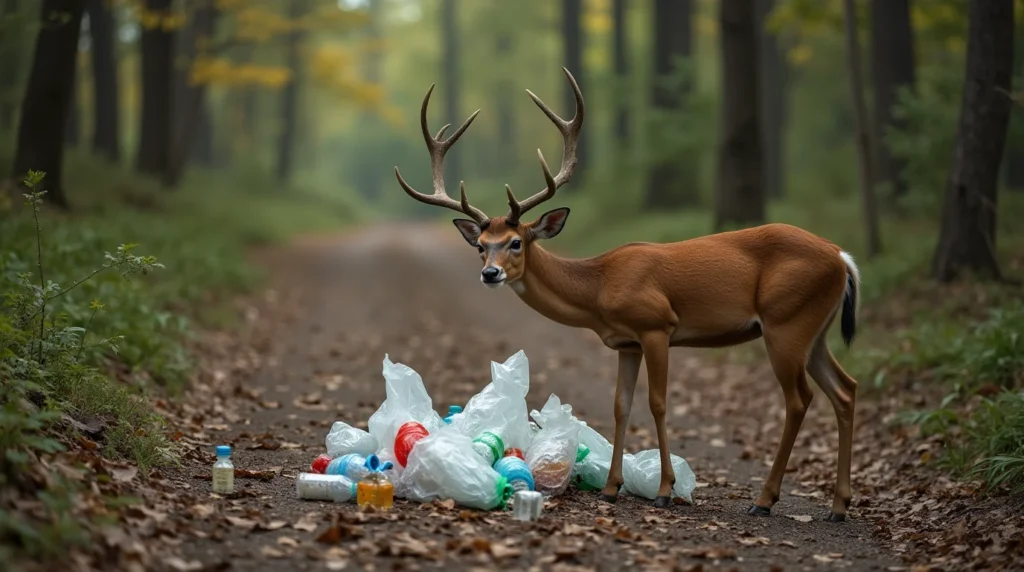
What Are Non-Woven Tote Bags?
The concept of non-woven bags dates back to the 1950s and 1960s polypropylene fabric products, the material of which is space fabric that is produced by pressing fibers together through the application of heat, pressure, or chemicals. Differently from normal knitted fabrics, non-woven fabrics have no structure either woven or knitted. This is why they are lightweight, cost-efficient, and easy to be manufactured in large quantities. Other than that, non-woven bags are also, reusable, and they outrun the competitors because they are non-disposable. Read More

How Non-Woven Tote Bags Help Reduce Plastic Waste
Replacing Single-Use Plastics:
Non-woven tote bags are designed to be reused multiple times, eliminating the need for disposable plastic bags. Whether used for shopping, storing items, or carrying everyday essentials, their versatility helps significantly cut down plastic consumption.
Recyclability:
Non-woven tote bags are made from polypropylene, a recyclable material. This allows consumers to recycle the bags at the end of their life cycle, reducing landfill waste and environmental damage.
Durability and Longevity:
Unlike flimsy plastic bags, non-woven tote bags can withstand heavy loads, making them an excellent long-term replacement for single-use options. Their sturdy design ensures they can be reused dozens of times before being recycled.
Reducing Marine Pollution:
Plastic bags are among the top pollutants found in oceans, endangering marine life. Non-woven tote bags, when used as an alternative, help reduce the number of plastic bags that end up in waterways and oceans.
Lower Carbon Footprint:
Numerous non-woven tote bags are manufactured through environmentally friendly practiced production more minatory emission of greenhouse gas than plastic bags manufacture. The fabric of these tote bags is made of polypropylene and does not disintegrate easily as plastic. Polypropylene is not biodegradable, thus the fabric will be in the environment for a long time before going to the surface
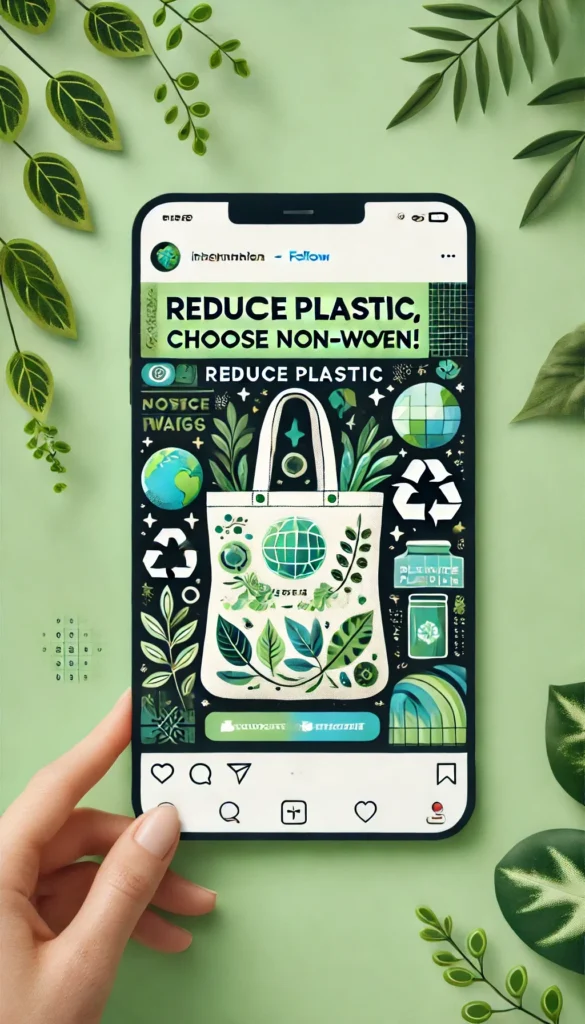
Why Businesses and Consumers Are Embracing Non-Woven Tote Bags ?
Non-woven tote bags have emerged as staple pieces among businesses in their marketing strategies. Besides the fact that companies can brand these bags with logos, slogans, and designs, they can market themselves and support the environment at the same time. From a consumer perspective, aside from the fact that they are very convenient, these bags are also seen as items that declare the individual’s concern for the environment.
Businesses Gain From:
- Cost-effective branding and promotions.
- Aligning their brands with eco-friendly values.
- Meeting consumer demand for sustainable products.
Consumers Appreciate:
- Reusable and recyclable alternatives to plastic.
- Stylish, customizable designs that suit different purposes.
- Contributing to global sustainability efforts.
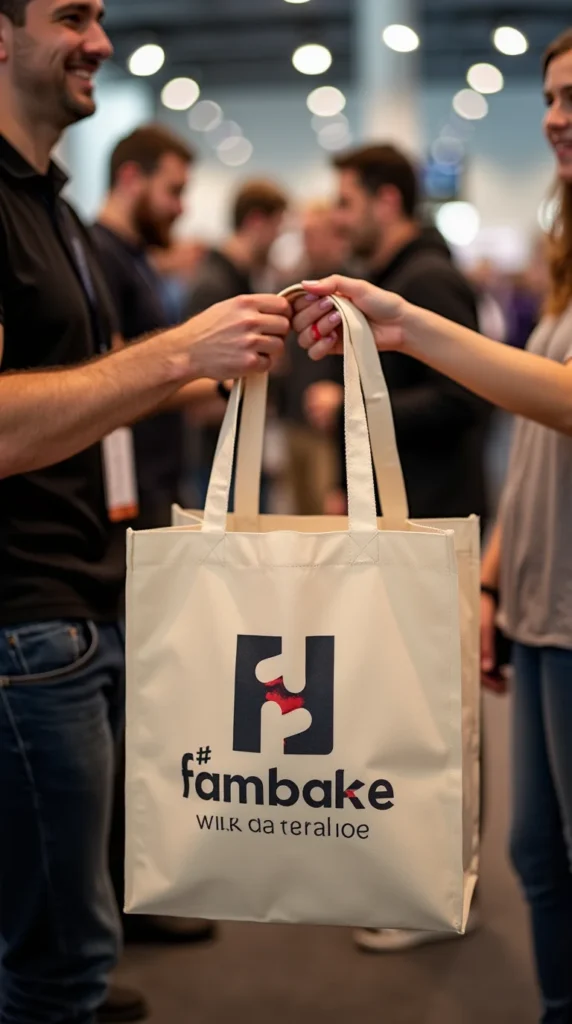
Sustainability in Action: Real-World Examples
Countries, cities, and organizations worldwide have started implementing measures to reduce plastic waste. Some examples include:
- Plastic Bans: Governments in countries like India, Kenya, and the European Union have banned single-use plastics, creating opportunities for sustainable alternatives like non-woven tote bags.
- Retail Adoption: Major retailers now encourage customers to bring their own bags, offering non-woven totes as a reusable option.
- Corporate Initiatives: Many companies use non-woven tote bags for promotional campaigns, emphasizing their commitment to environmental sustainability.
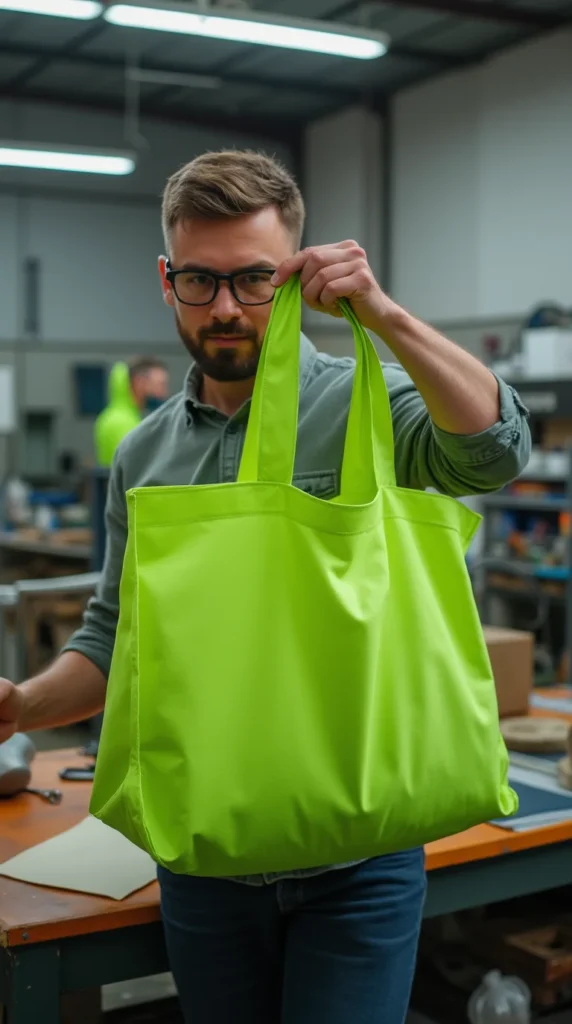
How Q-Tees Supports Sustainability with Non-Woven Tote Bags
Q-Tees is setting the trend for green projects and has made a massive impact on sustainability through its non-woven tote bags. The company’s pledge to excellence and continuous innovation makes Q-Tees unique. Its production process does not only ensure customer satisfaction but also contributes to the achievement of global sustainability targets.
Eco-Conscious Design:
Q-Tees’ non-woven totes are made from lightweight yet durable polypropylene, ensuring long-term usability without compromising on environmental impact.
A Spectrum of Colors and Styles:
Q-Tees’ massive assortment of the tote bags makes it easy enough for any retail business or customer to find an excellent choice for them. These aesthetically pleasing and green totes can be used for personal, promotional, and branding purposes thus making tossing a tote the green way to day.
Affordable Sustainability:
Q-Tees provides high-quality, eco-friendly tote bags at competitive prices, making it easier for businesses to transition from single-use plastics to reusable alternatives without breaking the bank.
Commitment to the Environment:
Q-Tees strives to maintain sustainability at each stage of production from material sourcing to distribution which sets a standard for eco-friendly methods in the promotional products industry. Even our Factory Runs on Solar.

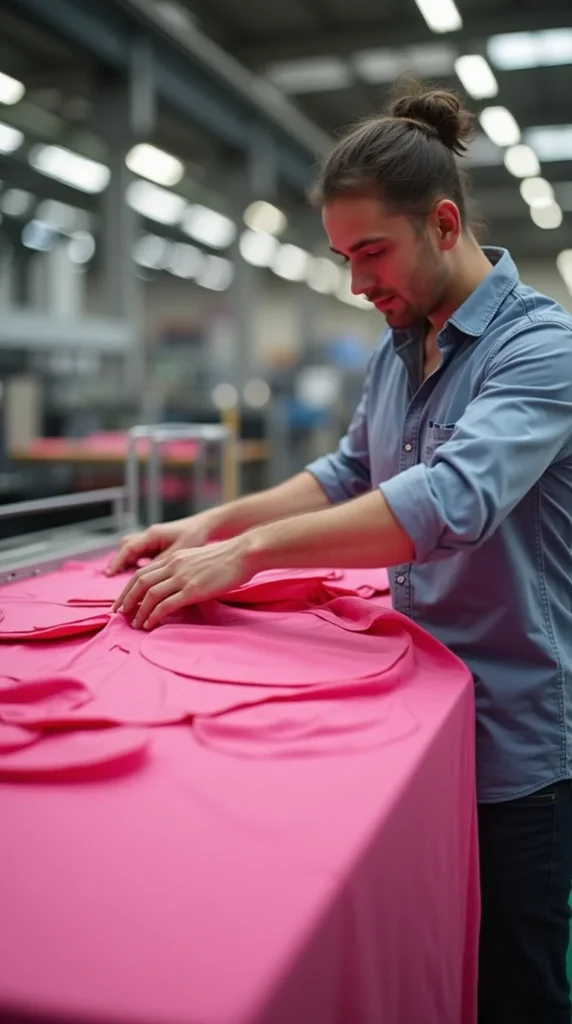
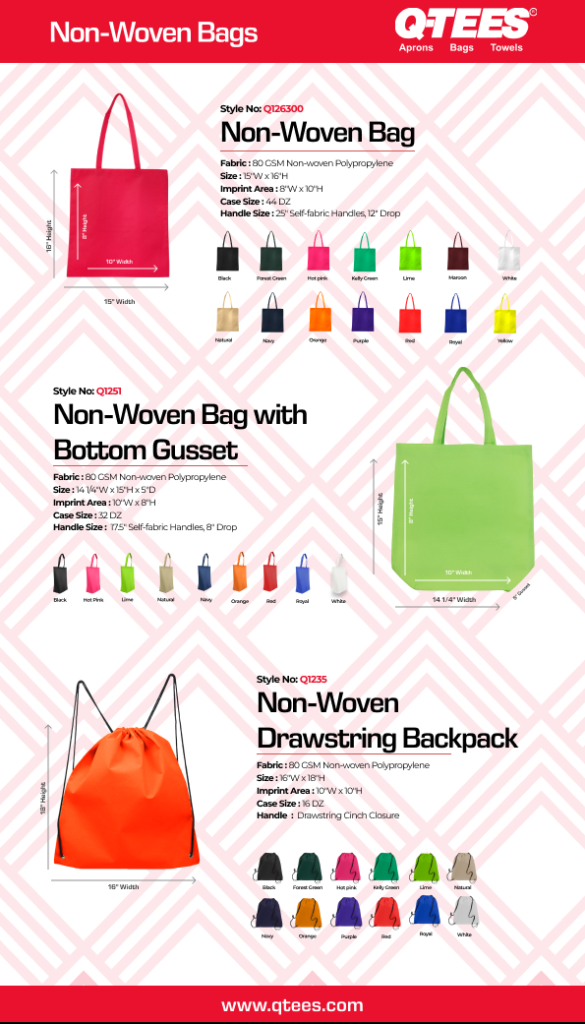
Branding Opportunities with Non-Woven Tote Bags
Non-woven tote bags are not just practical—they’re also a blank canvas for branding. Businesses can use these bags to promote their brand while emphasizing their eco-friendly values. With their smooth surface and vibrant material, non-woven totes are perfect for printing logos, slogans, or artistic designs that capture attention. This creates a win-win scenario: companies reduce their carbon footprint while gaining visibility in the marketplace.
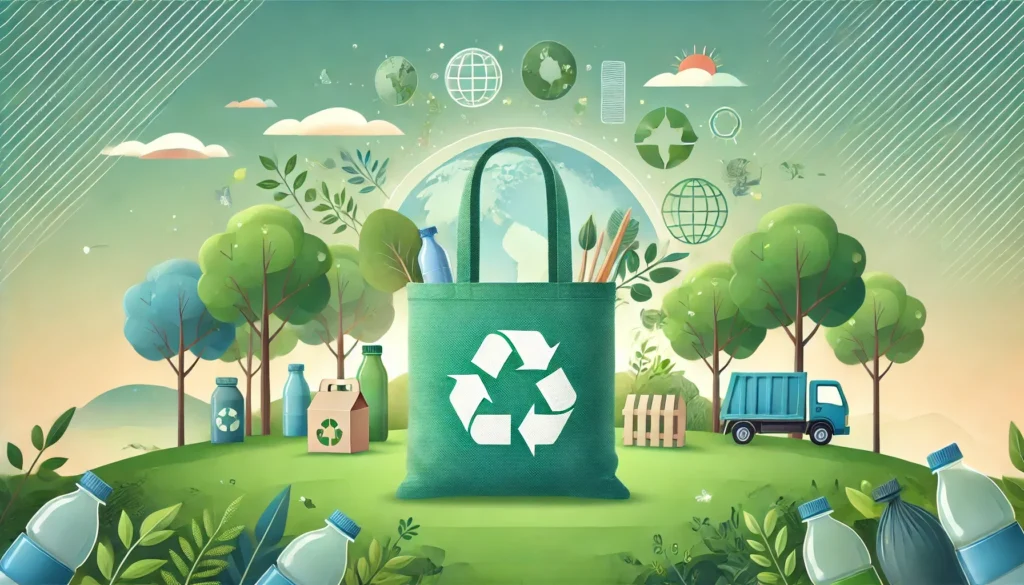
Conclusion
The introduction of non-woven tote bags as a mere fashion trend has gone far beyond that. They are the environment-friendly resolution to the highly serious production of plastic debris on a global level. They are eco-friendly, reusable substitutes to single-use plastics that plummeting pollution, safeguarding nature, and steering a cleaner world are evitable.
No matter if you are a consumer who is hoping to exceed the environmental standards or a business that is advancing towards the sustainability goals, non-woven tote bags provide assured safety for the near future. Most importantly, we can cut down on the excessive use of plastics and make a lasting difference in the environment. Pick non-woven tote bags, stay eco-friendly, and choose a cleaner and more beautiful world.

